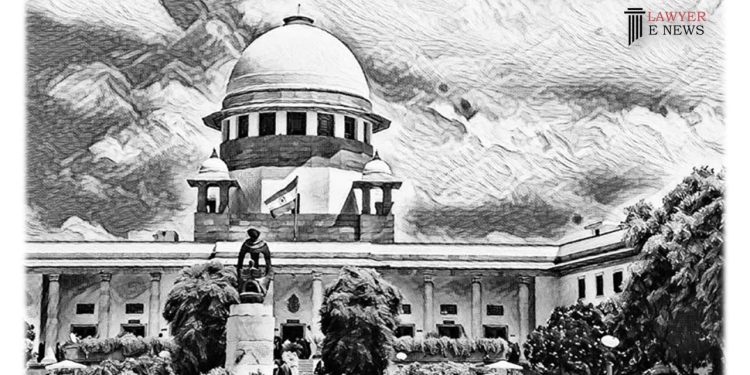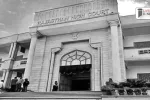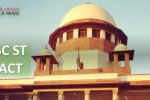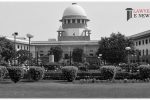Accused Failed to Challenge Trial Court Order, Gained Finality: Supreme Court Upholds Rejection of Additional Evidence in Cheque Dishonour Case

In a significant ruling, the Supreme Court of India dismissed an appeal filed by Ajitsinh Chehuji Rathod against the order of the High Court of Gujarat. The High Court had earlier rejected Rathod’s application under Section 482 read with Section 391 of the CrPC in a case involving the dishonour of a cheque under Section 138 of the Negotiable Instruments Act, 1881.
The bench, comprising Justices B.R. Gavai and Sandeep Mehta, affirmed the principles governing the admissibility of additional evidence in appellate proceedings. The Court observed, “The power to record additional evidence under Section 391 CrPC should only be exercised when the party making such request was prevented from presenting the evidence in the trial despite due diligence being exercised.” This observation came in the backdrop of the appellant’s failure to challenge the trial court’s decision, which consequently gained finality.
The case stemmed from a cheque amounting to Rs. 10 lakhs issued by Rathod, which was dishonoured by the bank citing “insufficient funds and account dormant.” Rathod claimed that his signature on the cheque was forged, but the trial court dismissed his application to send the cheque for handwriting analysis, labeling it as a delay tactic. This order was not contested by Rathod and thus attained finality.
In the appeal, the Supreme Court pointed out the appellant’s failure to question the bank official regarding the genuineness of the signatures during the trial. The Court emphasized the accused’s responsibility to rebut the presumptions under the NI Act by leading appropriate defense evidence, stating, “The presumptions under the NI Act albeit rebuttable operate in favour of the complainant.”
Furthermore, the Court highlighted the utilization of certified copies and signature verification under the Bankers’ Books Evidence Act and Section 73 of the Indian Evidence Act, 1872, as viable means to establish the authenticity of signatures, which Rathod did not employ.
Date of Decision: 29th January 2024
AJITSINH CHEHUJI RATHOD VS STATE OF GUJARAT & ANR.






